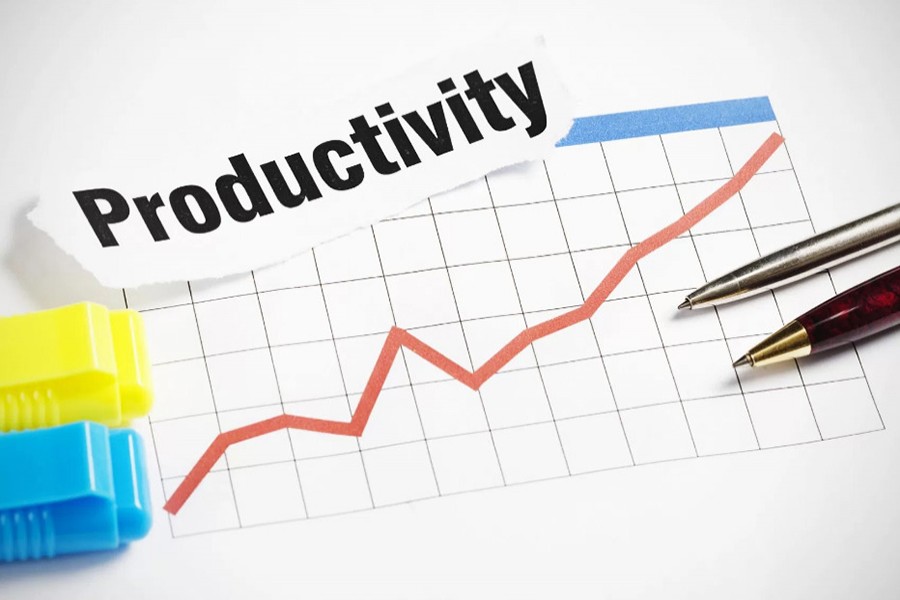British economic productivity perked up in the three months to the end of September, growing at its fastest rate in more than six years, in contrast to its historically weak performance over the previous decade.
Productivity in Britain has stagnated since the global financial crisis even more than in most other advanced economies, and has played a key role in squeezing Britons’ living standards, reports Reuters.
Over the past 10 years productivity growth was the weakest since modern records began and appears to be the slowest since the early 1820s, when Britain was emerging from the Napoleonic wars.
During the third quarter of 2017, output per hour worked grew by 0.9 per cent compared with the three months before, its first rise since late 2016 and the biggest increase since the second quarter of 2011, , the Office for National Statistics said on Friday.
However, the upturn reflected a fall in the number of people in work over the period rather than strong economic growth, which was a lacklustre 0.4 per cent.
Britain’s economy slowed last year, despite strong global growth, as the plunge in the pound that followed its 2016 vote to leave the European Union triggered higher inflation that hurt consumer spending.
The uncertainty generated by Brexit has also weighed on businesses’ willingness to invest.
Productivity dropped in the first half of 2017 as businesses hired staff faster than they increased output. Compared with a year before, third-quarter productivity was just 0.8 per cent higher, less than half its pre-crisis growth rate.
Late last year Britain’s government forecasters revised down their long-run productivity forecasts to around 1.0 per cent a year, after previous expectations for it to pick up to nearer 2.0 per cent were repeatedly disappointed.
A weaker productivity outlook also drove the BoE’s decision in November to raise interest rates for the first time in more than a decade, as it judged the economy would struggle to grow much faster than 1.5 per cent a year without creating excessive inflation.
That said, Friday’s data showed unit labour costs - a measure of how much it costs to produce a given amount of output, and a key driver of inflation - rose by the least since the second quarter of 2015, increasing 1.3 per cent.
Howard Archer, an economist at forecasters EY ITEM Club, said productivity was likely to have recovered further in the final three months of 2017.
Early indications suggest growth remained solid while the number of people in work fell.
But he was less positive about the longer term.


